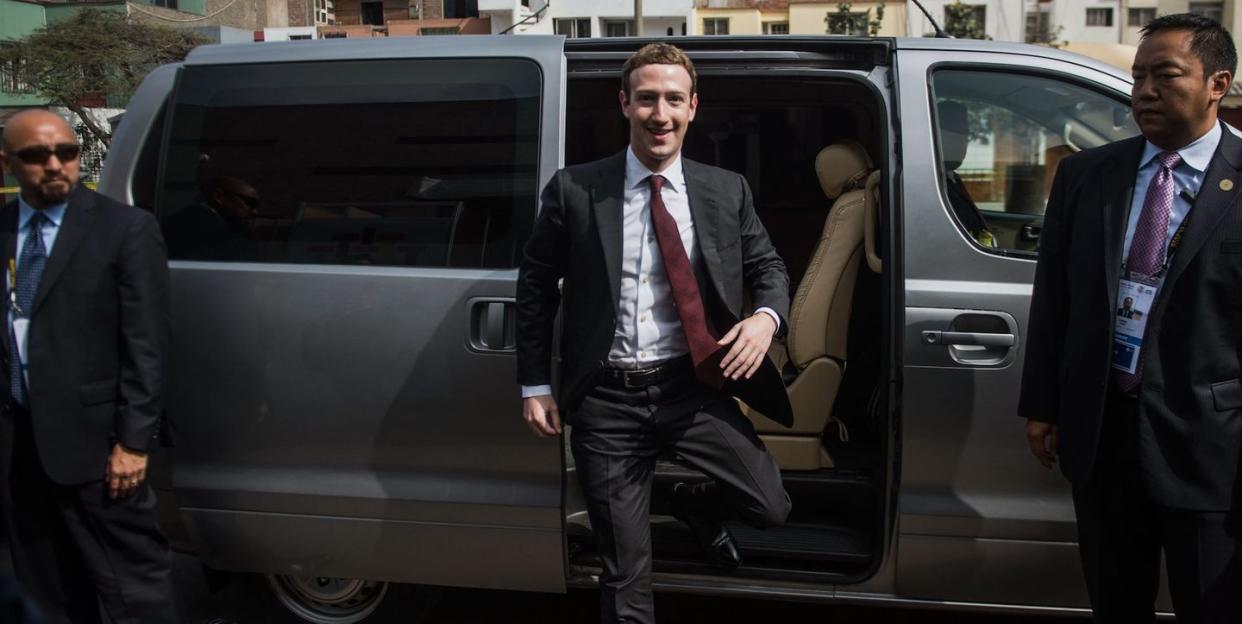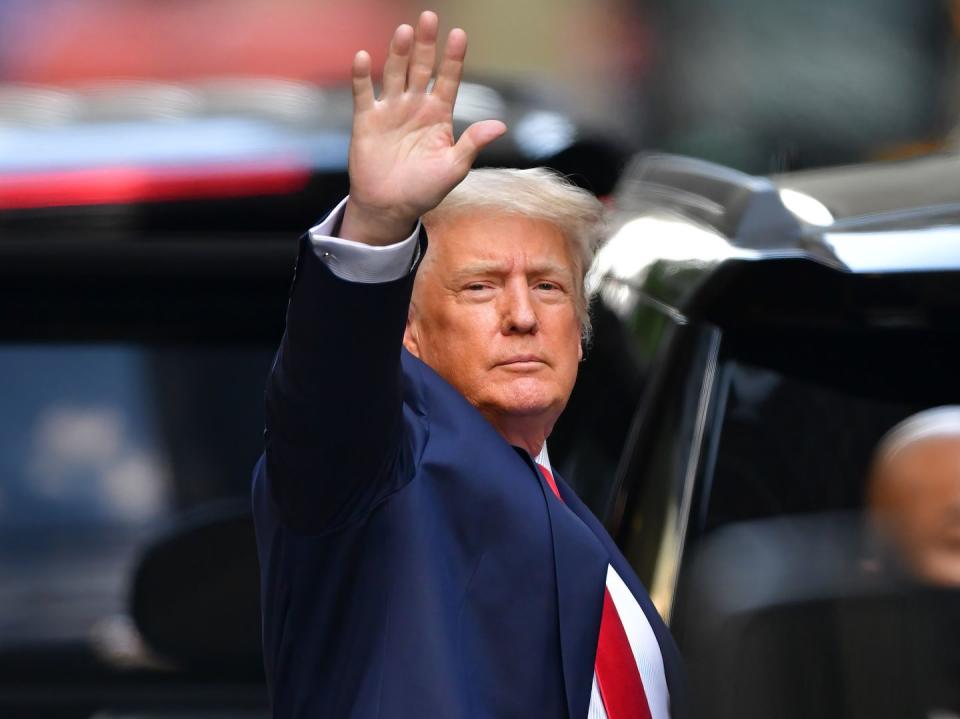Facebook Banned Trump, Which Won't Solve Many of the Problems Facebook Presents

- Oops!Something went wrong.Please try again later.
It is probably not a coincidence that Facebook announced its decision on whether or not to ban Donald Trump, who was already suspended, on a Friday. This is not the same as the decision of the Facebook Oversight Board at the beginning of last month. That was a decision holding, among other things, that Facebook the actual company had to make a decision within the following six months regarding the former President of the United States' fitness to use Facebook. Now Facebook has banned Donald Trump from its platform for two years, which some have already pointed out offers the service the leeway to let him back on the platform just in time for the next round of Republican presidential primaries. Maybe this is what the Facebook PR bigwigs hoped to bury in the Friday wave, to be washed out into the weekend sea.
The move is all a bit predictable because Facebook has no real problem serving as a vector for Trump-style misinformation—in fact, it's an important part of a business model that hinges on harvesting Engagement. People engage with right-wing bullshit! Almost all the top posts, every day, are from right-wing shit-slingers. So when the time comes, they may well let Trump on Facebook again to do his thing. As part of the decision, Facebook declared it will no longer automatically treat politicians differently than other users vis-a-vis its policies around hate speech, but the nature of power is that the rules tend to bend around it. If Donald Trump jumps out to an early lead in those Republican primaries, there will be immense pressure to let him back on, even if he's spewing just as much hate as ever. There's also the issue that, should he get back in control of the Executive Branch, Trump would have immense power to shape how Facebook is or isn't regulated.

There's really no easy solution here. As Germany's Angela Merkel and others have rightly pointed out, there is real danger in these platforms—which now exist somewhere between private enterprise and public utility—wielding the power to defenestrate a sitting head of state. Most reasonable people could see the justification for suspending a guy who'd just fomented an attempted insurrection to stay in power after he lost an election, but that's hardly justification for the larger policy regime we all seem to be living under. The fact is that Facebook is not just a company, and its service is not just a store that can declare, "No Shirt, No Shoes, No Service."
It can, however, decide to ignore its magic Oversight Board when convenient. Or at least it seems that way. While Facebook tried to comply with the Board's demands for more standardized punishment protocols in this announcement, it does not seem like the company will comply with the Board's instruction for Facebook to publish a report on what role its products played in the lead-up to January 6. That might be bad for business. Facebook will share data with a group of 20 academic researchers, who will in turn publish a report. That, too, might be easily washed away, whether or not it's published on a Friday.
You Might Also Like

